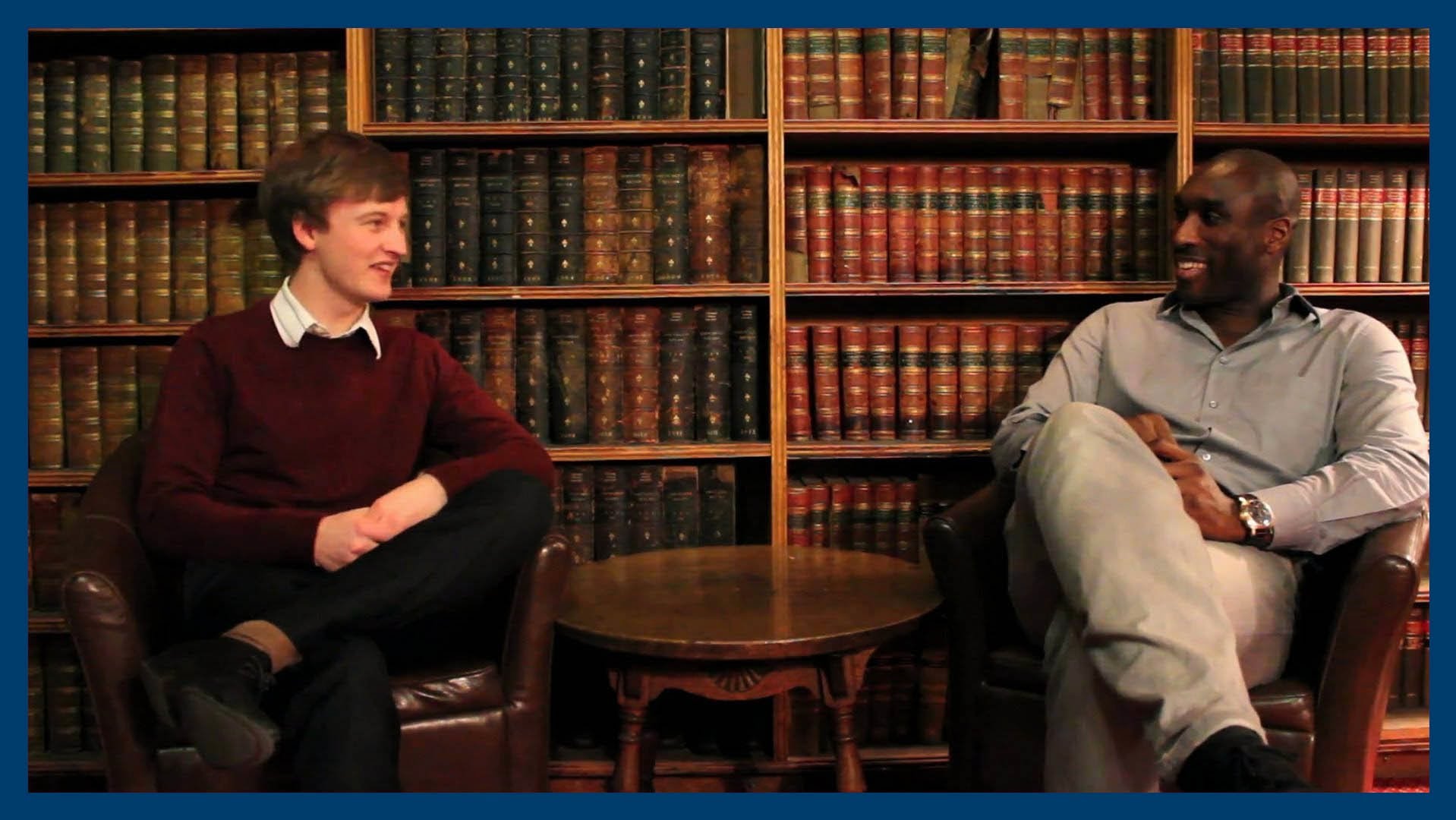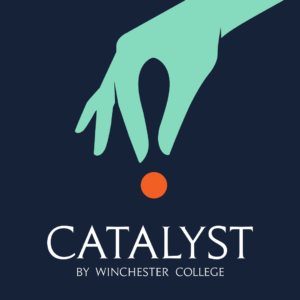I won’t pretend that boarding school was easy from the beginning. There was a lot of support for us, starting from Day One – a housemaster, who was a figure of authority, respect and trust; a matron, who was a mother-figure for all the boys in the house and who cared for all of us individually; and a web of others, who all looked out for our interests and encouraged us to pursue what we were good at. Even so, my first couple of terms, aged thirteen, were rough, and I had to learn how to grow up. But without any doubt, I’m very happy that I boarded. It was an enriching experience that set me up very well for the next few years of my life.
I don’t think boarding school is a good idea before the age of thirteen. Even at that age, it was very challenging for some of us. In my case, it certainly wasn’t the school’s fault; it wasn’t even really the boarding itself that was the main issue. I had been taken from a comfortable existence at a small school with narrow horizons, and thrown into an awe-inspiring institution with 1,300 pupils. I was too soft; and in order to adjust, I had to grow up. I had to learn how to thrive outside my comfort zone.

This was a real test of character; but it was definitely good for me. Boarding school stretches teenagers, teaches them to be self-reliant, and – most importantly – forces them to be part of a community, interacting with a closely-bound network of pupils and teachers. If I’d been living at home, I’d have been much more reluctant to push myself out of my comfort zone; I’d have been able to hide away from social situations I didn’t like, rather than learning how to deal with them. I’m sure I would have learned those skills eventually, but boarding school set me up very well for my gap year and my five years at university, and I’m sure it gave me a head start. I became a much more resilient person than I would otherwise have been.
The thing about boarding school is that it’s intense. It’s structured around a boarding house, which is central to life at these schools. At my school, there were twenty-five boarding houses, each with about fifty pupils; normally there are fewer boarding houses, but they might be a bit bigger. Everyone lives, works and sleeps inside their boarding house, overseen by their housemaster and their matron. There are house assemblies every day; the boarding houses also have common rooms where the pupils can relax, have toast or play table tennis. Boarding houses provide teams for competition with the other houses, and their members are supposed to look out for each other. It’s an environment to which every pupil has to adapt.
The key aspect of the whole experience is the dynamic within your house year-group. I spent five years with the same ten other boys: we lived together, ate together and played sports together. We were all very different people, and inevitably we often didn’t get along. So we had to learn how to live with each other, to adapt, to solve our differences and build meaningful, lasting friendships. Some of the most deep-rooted and rewarding of all my friendships are the ones I made in that environment.
We had a lot of great times together, as we grew into the boarding more and more. There was a huge range of activities and facilities at the school, far more than any day-school could have managed. School clubs and societies arranged for interesting speakers to visit, and there were several such visits each week. We had good theatres, which put on about twenty plays each year – about half the pupils acted in at least one play, and many of us got involved behind the scenes as well, preparing the stage or learning how to control the lighting and sound. Most pupils played musical instruments, so there were orchestras and bands, concerts and recitals, for us to participate in or go along and watch. We had an art centre and a separate design centre, full of resources for us to experiment with. There was a chess club, an entrepreneurial club, a science club, a yoga club, three or four school magazines, etc. The number of sports on offer was astonishing: climbing, running, karate, badminton, kayaking, shooting, fishing, fencing, squash, swimming, waterpolo, as well as mainstream games like football and tennis – and unique sports played nowhere else. At my school, for example, there was a very popular game called the Field Game, a sort of cross between football and rugby that I enjoyed more than any other sport. There were two particularly strange – but crucial – rules: passing wasn’t allowed, and most players had to stay close to each other and move together in a crowd rather than spreading out. These made the game different to any other sport I’ve played.
I managed to try almost all of the activities I’ve described, and this helped me figure out what I was good at and what I really cared about. Over time, I stuck to my chosen hobbies more and more. I became more confident in myself, and I got to understand myself as a person because I always knew what my house year-group thought of me. Also, just at the age when lots of teenagers are clashing with their parents because they want more freedom, we were safely away from our parents and we were in a better position to appreciate everything they did for us during the holidays.
I have so many happy memories of boarding school. It wasn’t easy, and we all had moments when we got fed up with living in such close proximity with each other, but it really did mould me into the person I became. When people mention the “good education” that boarding school offers, my first thought isn’t about our lessons. Instead, I think of one of the many times when a few of us got into a heated debate about something to do with politics or something controversial from our lessons or assemblies. Because we spent so much time with each other inside the boarding house, debating with each other became our favourite shared hobby. (Or maybe joint-favourite, along with crowding around someone’s computer and watching them play a video game). We sharpened our wits against each other, forced each other to think about the world from new points of view, and came to respect how we all thought in different ways. I was very lucky to go to a boarding school, and it gave me life-skills that I use every day.
To find out more about Ampla Education’s boarding school admissions consulting, contact us at info@ampla-edu.com
______________________________________________________________
________________________________________________________________________
Educated at Eton College, Ollie obtained a first-class degree in Ancient and Modern History from the University of Oxford, where he is studying for a postgraduate degree in Creative Writing, meaning that he is in the very rare position of having been accepted to study in three different Oxford departments (Classics, History and Continuing Education). With experience tutoring Common Entrance, school interviews and Oxbridge applications, Ollie knows how to get the most out of his pupils, tailoring his approach for each individual.
______________________________________________________________
________________________________________________________________________
© Ampla Education – Unauthorised use of this material without permission is strictly prohibited. Excerpts and links may be used, provided that full credit is given to Ampla Education.



















